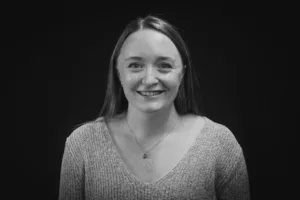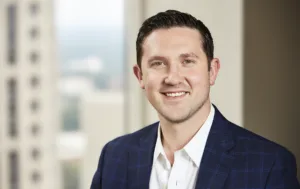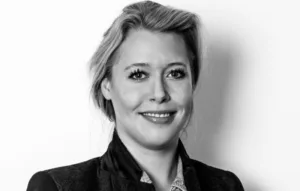50over50 is a series of interviews with our most influential and inspiring industry leaders aged 50 and over.
A true media veteran from print to digital, Peter, alongside running publishing consultancy Flipping Pages Media, co-hosts the influential Media Voices Podcast, which recently recorded its 100th episode.
What is the biggest mistake that companies are making in their attitude to age today?
Thinking that it’s relevant.
There are 25-year olds with way more insight and understanding of very specific market niches or technologies than I will ever have. And I know stuff now that it will take them decades to learn.
Companies should be letting people do what they are good at and supporting them in what they are not so good at. That might mean pairing a 25-year-old wunderkind with a 55-year-old war horse, or it might mean building teams that span the age range.
Success comes from a mix of skills and personality types not making sure everyone’s got the right birthday.
What’s the one thing you are proudest of in your career?
The next thing.
I actually hate the idea of being proud. Maybe it’s an impostor syndrome thing, but it feels like tempting fate. There are things I’ve done that I like to remember, and things I’d like to forget, although I hope I’ve learned from all of them.
I suppose if I had to pick one thing to be proud of, it would be managing to make a decent living for 30 odd years in a very tough, rapidly changing publishing market.
Right now, I’m buzzing about the work we’re doing with the Media Voices Podcast. The sheer tenacity our little team has brought to the project, recording 100 episodes in less than three years, is incredible.
And the reward for that has been the amazing people that we have had as guests. We’ve got Wired’s Editor-in-Chief Nicholas Thomson coming up in a couple of weeks.
What creative heights are you now capable of that you wouldn’t have been able to achieve at the early or mid-point of your career?
Not sure about ‘creative heights’, but I’m much better at joining the dots now than I was when I was younger. I have a pretty good memory for media minutiae and I can usually dig out examples of past successes or failures to help put present problems in context.
Creating context is maybe my superpower, although ‘Context Man’ sounds like a really crap superhero.
What gives you most satisfaction in your role today?
Watching people get it, whatever it is.
A big part of my job is explaining how things work, or don’t work, introducing them to what other companies have done in the past and how that is working out moving forward. I absolutely love it when people say, ‘Ah, I see’ and then take whatever it is they see and adapt it for their own business.
What is the biggest lesson you have learned in your career?
Shut up and listen… although I don’t always follow the teaching.
What advice would you give to your 25-year-old self?
Don’t get crucified on small crosses. That was said to me in my late 30s by a veteran editor, an old colleague and friend. In the context it was said it made a huge difference to how I was able to approach that job. I wish I’d had that learning when I was just starting out.
What are you most excited about in your industry over the next 10 years?
The rediscovery of proper old-school publishing principles.
The race to digital created an industrywide amnesia around some very basic, but very important, rules for success in publishing:
- Respect your relationship with your readers
- Deliver value consistently
- Differentiate yourself from the rest of the field
With the failure of platform publishing, questions around the sustainability of advertising-only funding models and the return to reader revenues, those first principles are coming back and that makes me very, very happy.
What is your biggest regret about the industry today?
That we let ourselves forget the fundamental rules of publishing — balancing content, audience attention and revenue.
A lot of publications have closed, and a lot of people lost their jobs because we lost sight of that in a mad digital fog.









